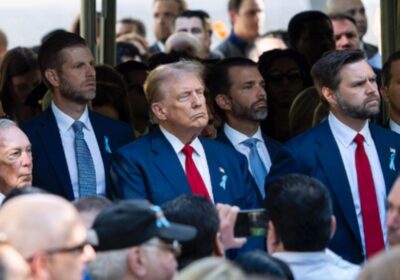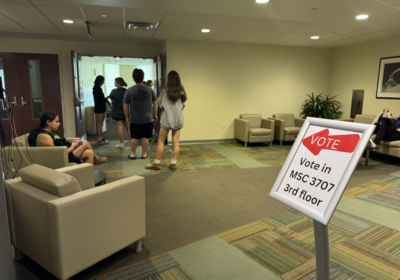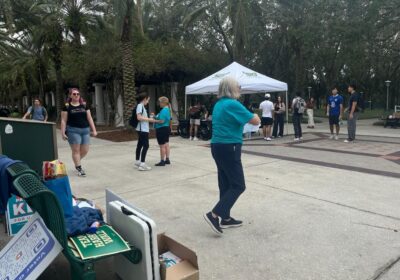Library drone plan hits turbulence

PHOTO SPECIAL TO THE ORACLE
What should have been a smooth takeoff for the Library’s drone lending program this week has been grounded indefinitely due to Federal Aviation Administration (FAA) guidelines.
Library officials had expected USF to be eligible for a Certificate of Waiver or Authorizations (COA) to do research using their Phantom I and Phantom II drones, but last month General Counsel for the FAA issued a legal interpretation that education is not a government function under COA guidelines.
“If the FAA now were to read a concept as broad as education into the statute, it could exponentially expand the operation of unregulated aircraft,” FAA Assistant Chief Counselor Mark Bury said in a memo dated July 3. “As a concept, education is not restricted to age or curriculum, and would include aviation education such as flight schools.”
Despite the rule change, Dean of USF Libraries William Garrison said Library officials will continue to work with FAA representatives to get students approved to use the drones.
The Phantom I and Phantom II drones purchased by the Library cost approximately $1,500 each and were bought with left over grant money from the renovations. The Phantom drones weigh less than five pounds, have an airtime of up to 25 minutes and are equipped with an underbelly camera.
The drones were supposed to be available for qualifying students to borrow beginning this week as part of the services offered by the Digital Learning Commons staff.
Garrison said the Library is hoping students will be able to check out the drones by the beginning of the spring semester.
The FAA timeline however, could be much longer.
Les Dorr, media spokesperson for the FAA, said the agency expects to publish a proposal later this year that would loosen regulations on small unmanned aircrafts under 55 pounds, but admitted it might take longer to get a new rule on the books.
Because of that, Dorr said the agency is working to implement a specific section of the FAA Modernization and Reform Act of 2012 that would allow for commercial use of unmanned drones in “tightly controlled, low-risk situations.”
In order for USF to take advantage of the exception, USF would have to apply for airworthiness and operational exemptions.
“Conceivably, USF could apply for a Section 333 exemption to use unmanned aircraft for educational purposes,” Dorr said. “We can’t speculate on whether we would grant the request.”
To date, Library officials have yet to apply for such an exemption.
When asked if USF had planned on applying for airworthiness and operational exemptions, USF Media and Public Affairs Coordinator Adam Freeman said USF had not worked out the details yet on how the university plans to seek approval from the FAA for student use of the Library’s drones.







